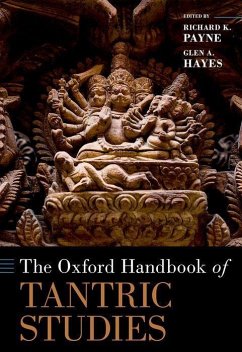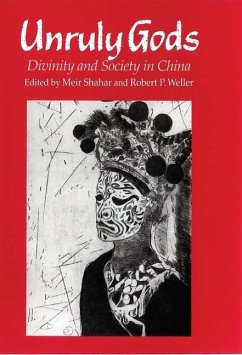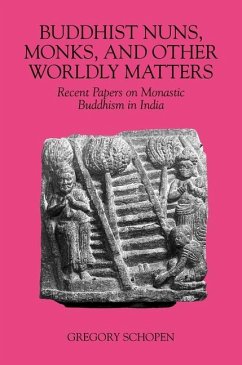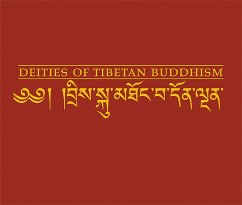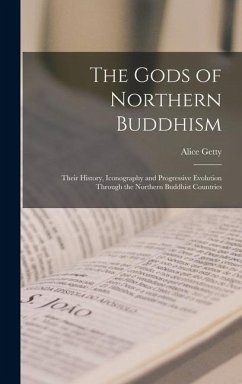
World of Worldly Gods
The Persistence and Transformation of Shamanic Bon in Buddhist Bhutan
Versandkostenfrei!
Versandfertig in über 4 Wochen
87,99 €
inkl. MwSt.
Weitere Ausgaben:

PAYBACK Punkte
44 °P sammeln!
This anthropological study examines the changing relationship between Shamanic Bon and Buddhism through an ethnography of the Goleng village and its neighbours in Zhemgang district in central Bhutan. It is concerned with how Bon practices have persisted in villages despite the systematised opposition from Buddhist priests for over one thousand years, and in the last three centuries, from the Buddhist state itself. In investigating this issue, this book presents the ways in which Buddhists seek to control the Bon priests in the villages against the backdrop of local religious history and docume...
This anthropological study examines the changing relationship between Shamanic Bon and Buddhism through an ethnography of the Goleng village and its neighbours in Zhemgang district in central Bhutan. It is concerned with how Bon practices have persisted in villages despite the systematised opposition from Buddhist priests for over one thousand years, and in the last three centuries, from the Buddhist state itself. In investigating this issue, this book presents the ways in which Buddhists seek to control the Bon priests in the villages against the backdrop of local religious history and document the centrality of Bon beliefs in shaping people's everyday lives.




